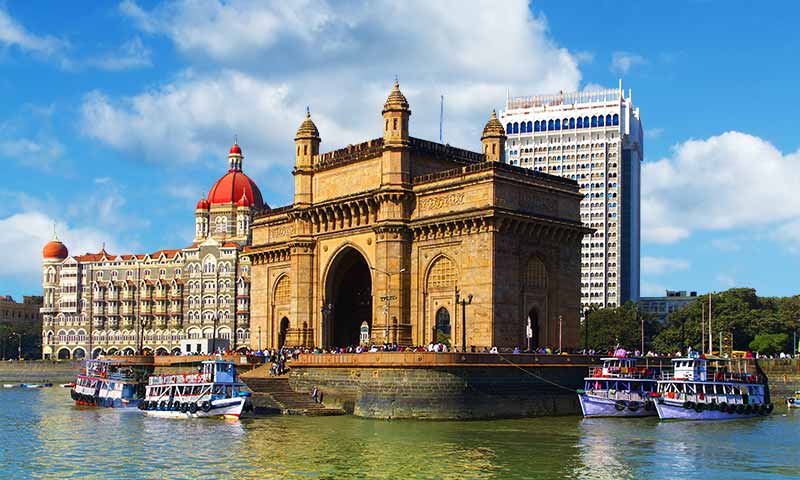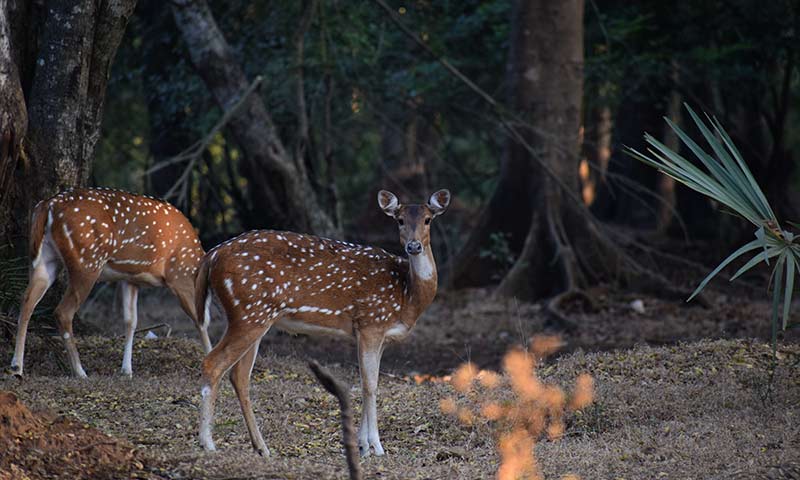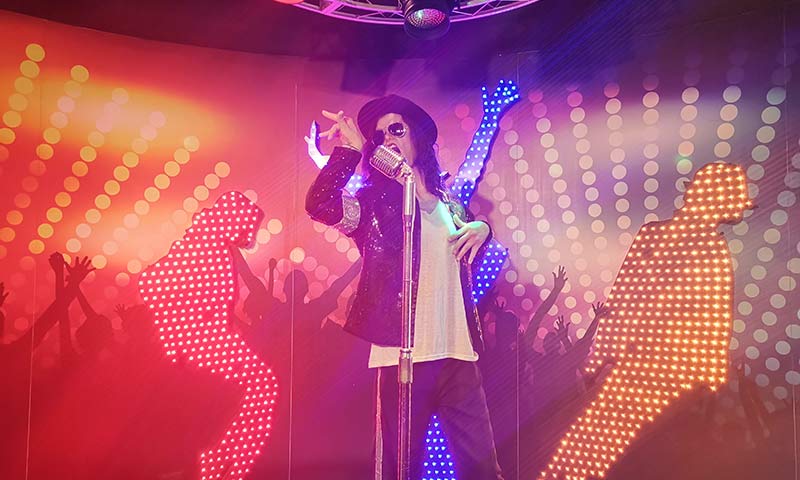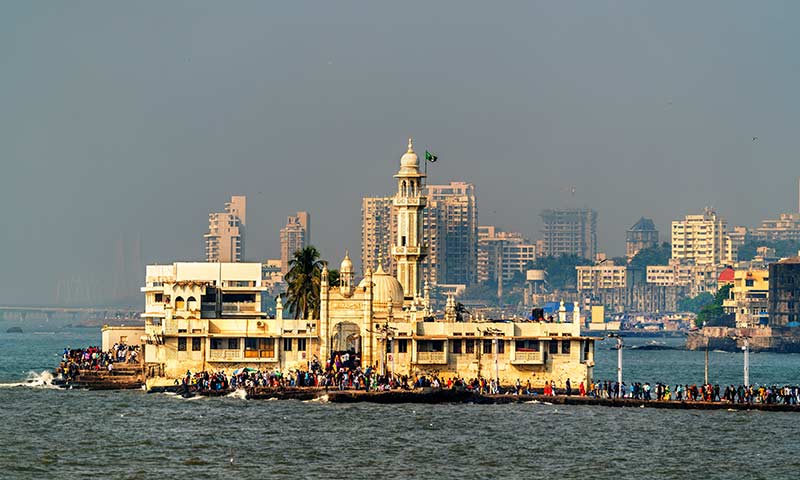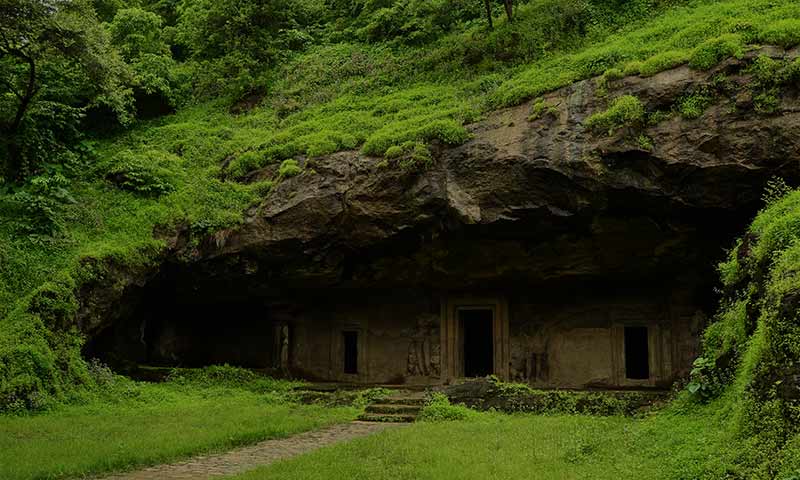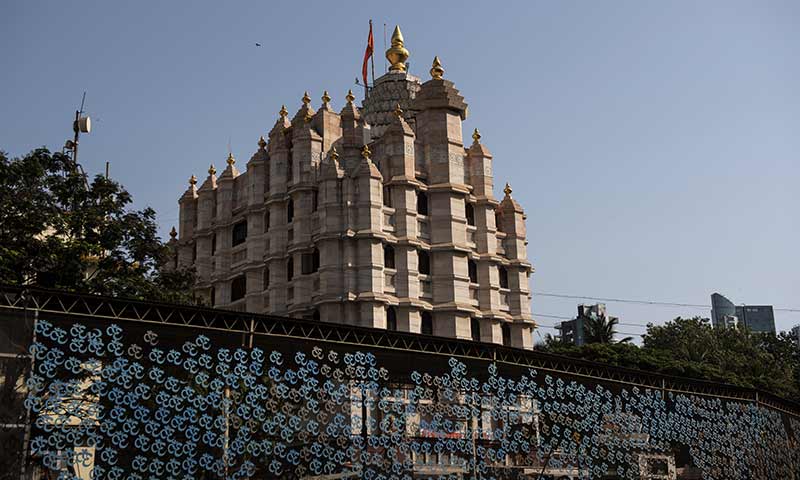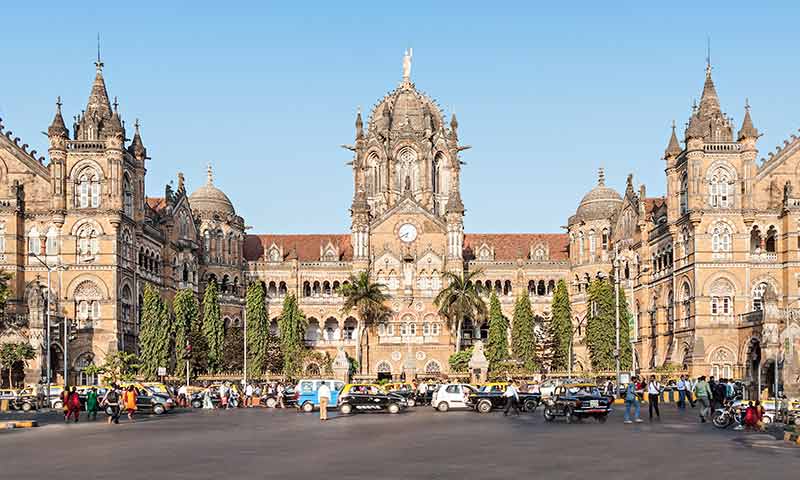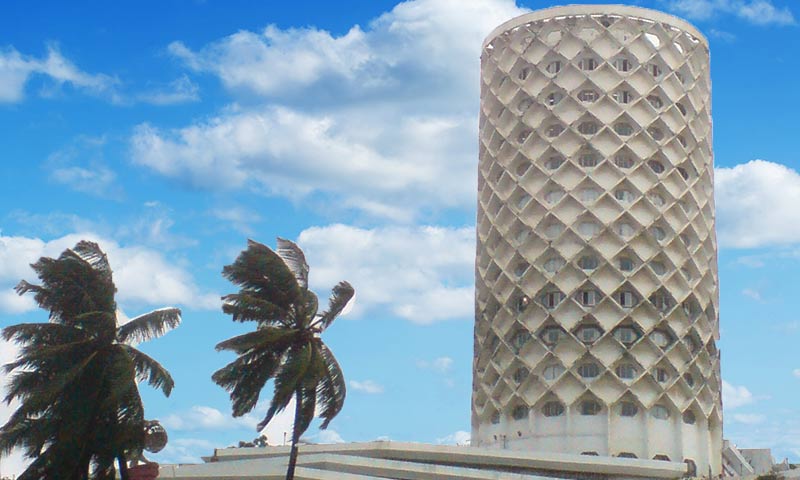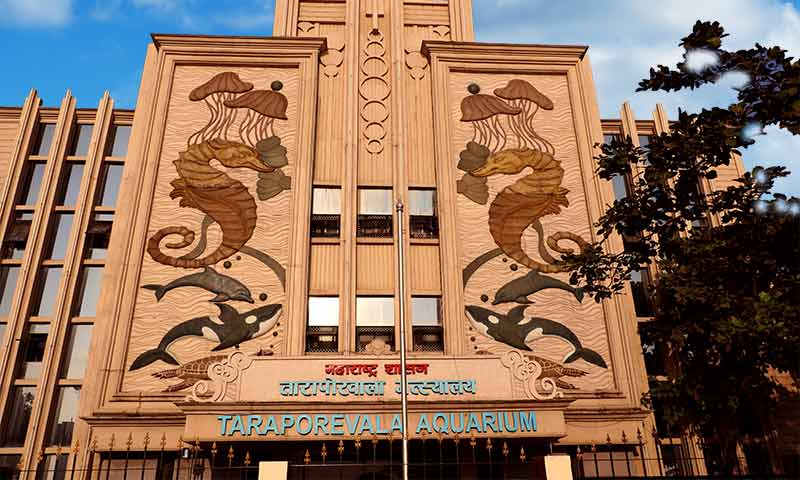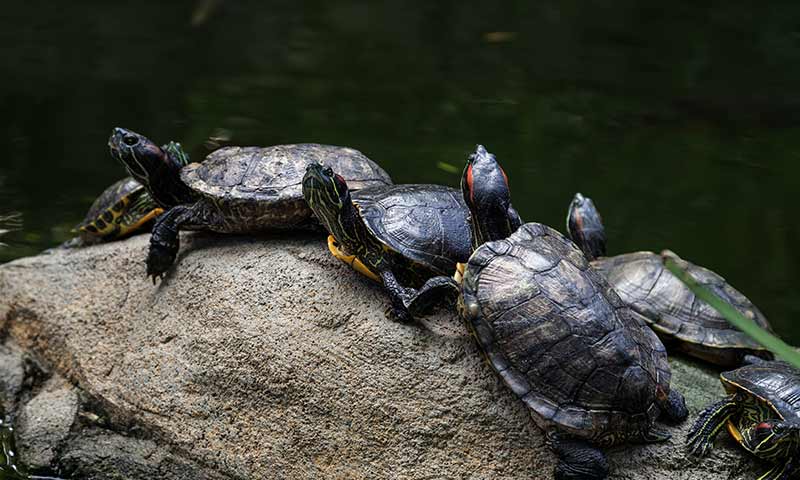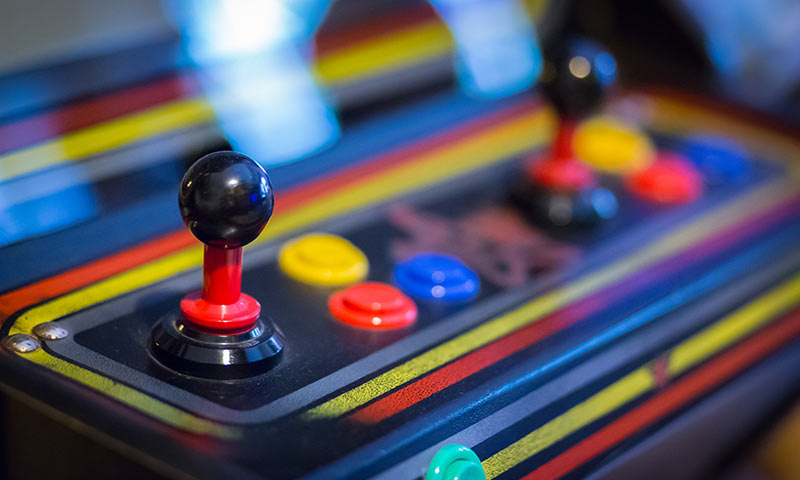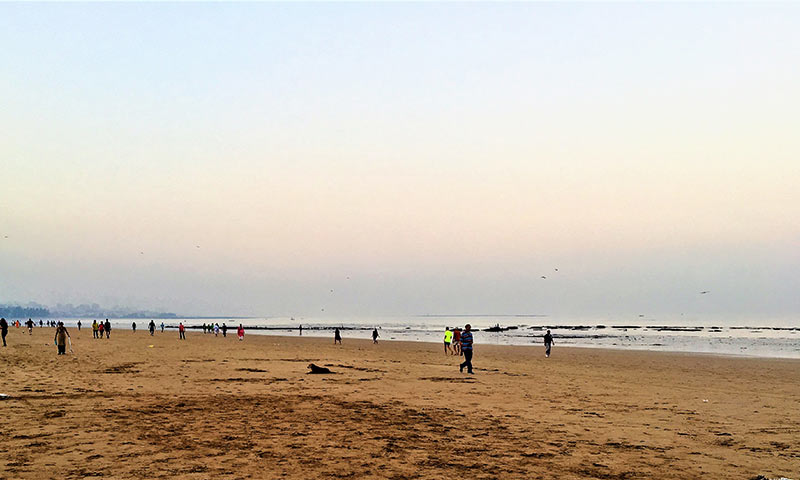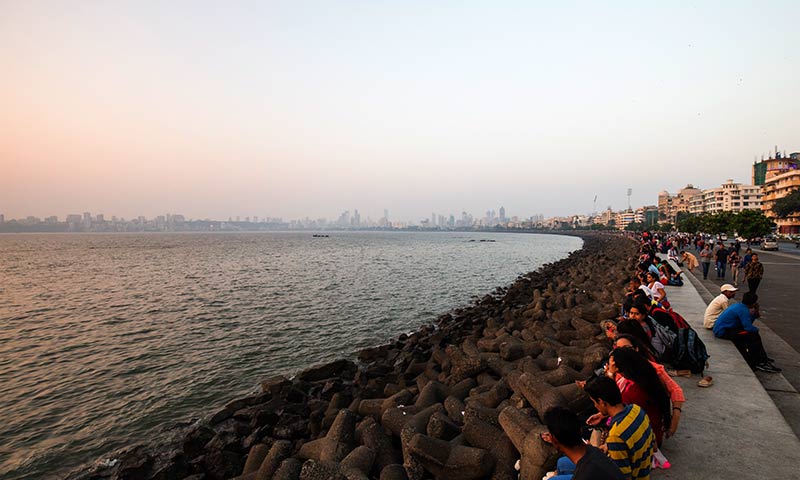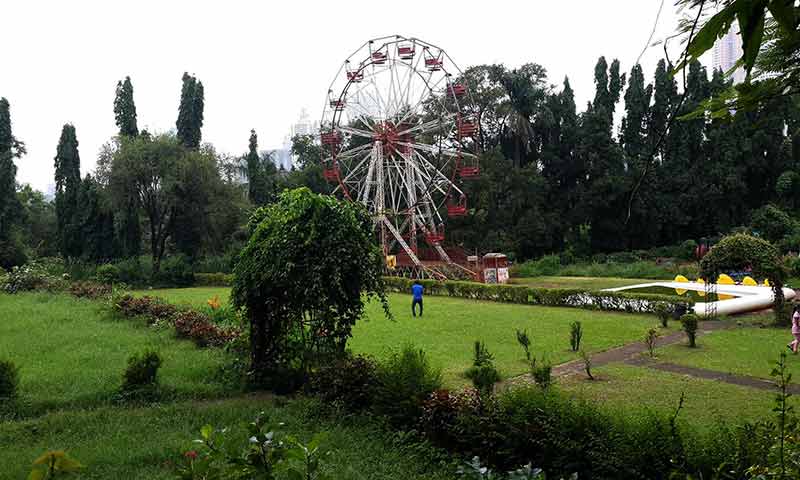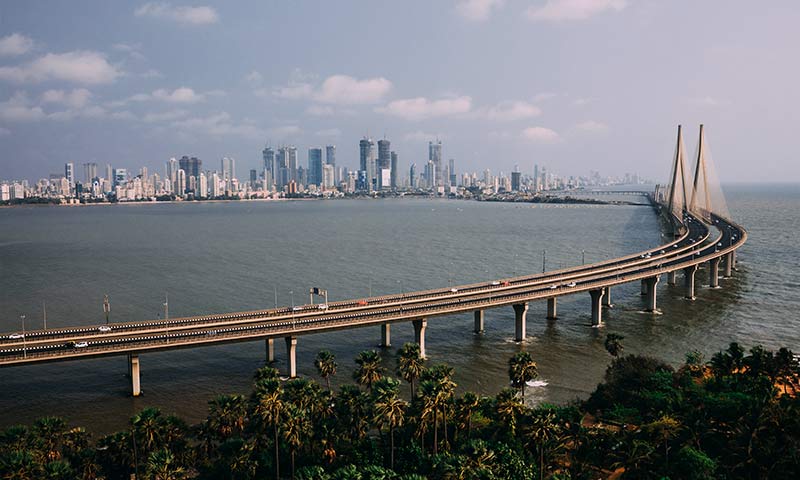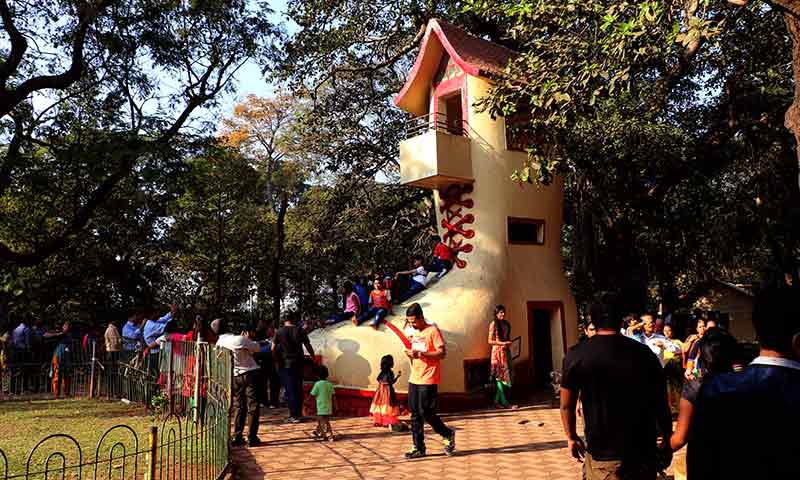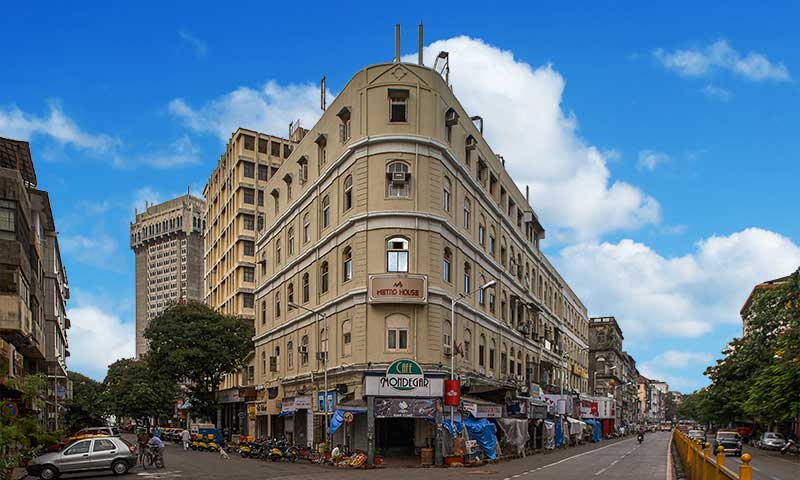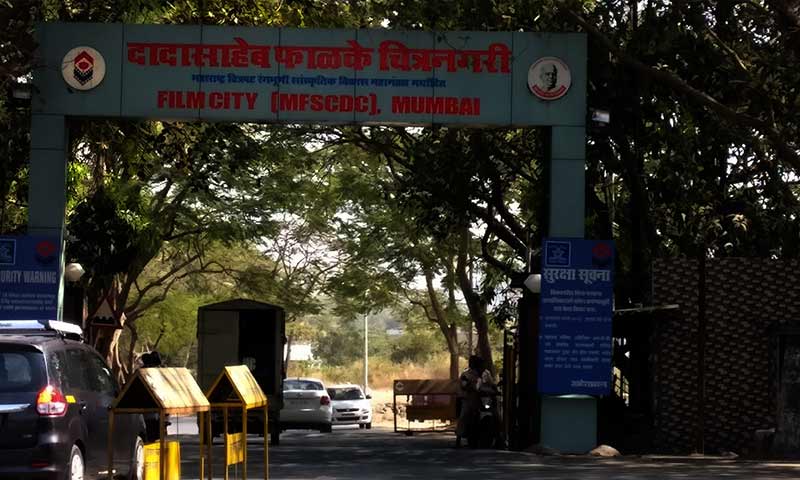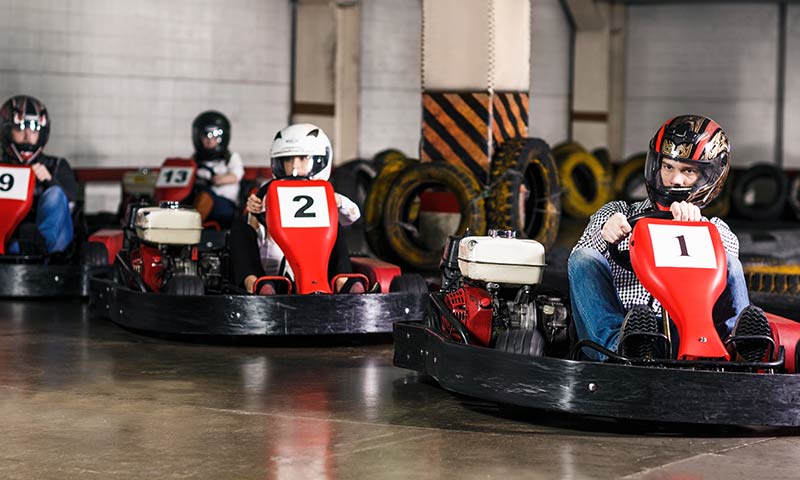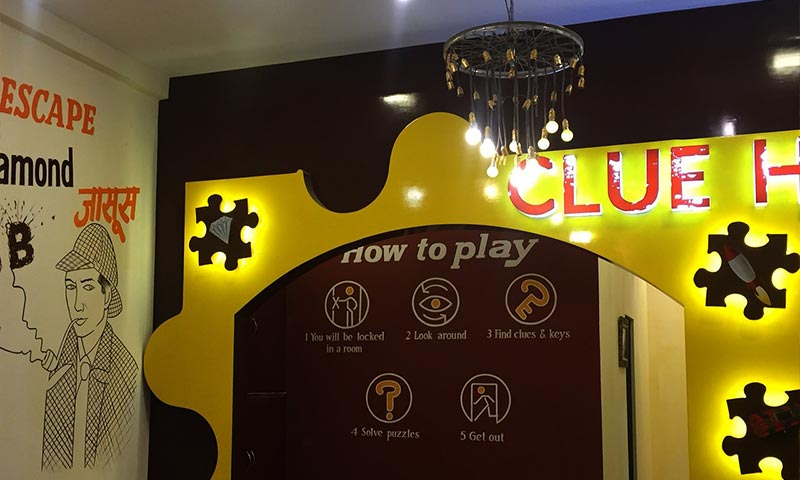Overview & History
YoMetro helps you with information such as Mumbai Metro route, service updates, timings, first/last train schedule, metro route map, fare charts, ticket details, interchange, top attractions near metro stations, and metro news.
- The Mumbai Metro is a rapid transit (MRT) system serving the city of Mumbai and the larger Mumbai Metropolitan Region in Maharashtra, India.
- Maha Metro is responsible for all metro rail projects in Maharashtra, except those within the Mumbai Metropolitan Area.
- The master plan unveiled by the Mumbai Metropolitan Region Development Authority (MMRDA) in 2004 included a total of 146.5 kilometers (91.0 miles) of track.
- In September 2009, the proposed Hutatma Chowk–Ghatkopar line was revised to run between Hutatma Chowk and Carnac Bunder.
- In 2011, the MMRDA announced plans for an extended metro line from Colaba to Bandra and SEEPZ (Line 3). On 27 February 2012, the Union Government granted in-principle approval for the Line 3 plan.
- In July 2012, the MMRDA revealed plans to add more metro lines to the existing proposal, including a line parallel to the Western Express Highway, running from Bandra to Dahisar.
- In June 2015, two additional lines were proposed: one connecting Andheri West to Dahisar West and another linking Bandra Kurla Complex (BKC) to Mankhurd.
- On 18 February 2013, the MMRDA signed a memorandum of understanding (MoU) with Transport for London, the transit authority in Greater London.
- On 14 June 2014, Chief Minister Prithviraj Chavan announced that the MMRDA was exploring a proposal for a metro line along the new Wadala-Ghatkopar-Teen Haat Naka route.
- In July 2015, UPS Madan announced that the State Government had formally appointed the Delhi Metro Rail Corporation (DMRC) to revise and update the Mumbai Metro master plan.
- Currently, only three metro lines are operational in Mumbai: Blue Line 1, Yellow Line 2, and Red Line 7.
Mumbai Metro Network Expansion Plan:
The Mumbai Metro was inaugurated in June 2006 by the then Prime Minister of India Manmohan Singh, who laid the foundation stone for the first section of this ambitious transport project. Designed to be constructed in three phases over a period of 15 years, the entire metro network is expected to be completed by October 2026. Once completed, the main system will consist of sixteen high-capacity metro lines, covering a total distance of over 523 kilometres (325 mi). 25% of it will be underground, while the rest will be elevated, with a small portion built at ground level. The network will be supported by 350 stations.
Interesting Facts about Mumbai Metro
- The Mumbai Metro is being developed in three phases over a 15-year period, with overall completion expected by 2025.
- As of August 2020, the Mumbai Metro comprised one operational line (Line 1), an elevated corridor connecting Versova to Ghatkopar.
- The foundation stone for the first phase of the Mumbai Metro project was laid in June 2006 by then Prime Minister Manmohan Singh.
- A successful trial run was conducted in May 2013, and the first line became operational on 8 June 2014.
- Mumbai Metro fares range from ₹10 to ₹40 for a single journey token.
- Once completed, the core metro system will consist of eight high-capacity lines spanning a total of 235 kilometers.
- Among these, the 33.5-kilometer (20.8-mile) Colaba-Bandra-SEEPZ line (Line 3) will be the city's first underground metro line, built at a cost of ₹21,000 crore (US$2.9 billion).
- This line will operate as a 100% electricity-driven system, ensuring zero carbon emissions.
- Each train will have a passenger capacity of approximately 2,500.
- The trains are designed to achieve a maximum speed of 90 km/h, with an average commercial speed of 35 km/h, including stoppages.
- An automatic fare collection system and contactless smart cards are in place to ensure zero revenue loss.
- Penalties for various offences range from ₹50 to ₹5,000, with imprisonment applicable for more severe violations.
- For passenger convenience, the metro stations are equipped with clear signage to guide users to entrances and exits.
- Stations are divided into paid and unpaid areas. The unpaid area includes ticket counters, Ticket Issuing Machines (TIMs), and Remaining Value Checking Terminals (RVCTs), where passengers can purchase tickets or check balances. Access to the paid area is granted via Automatic Fare Collection (AFC) gates.
- QR-code-based mobile tickets can also be purchased through the Paytm and Ridlr apps.
- Mumbai Metro is the first metro system in India to be equipped with a black box (similar to those used in airplanes) to record vital operational data.
- The system's trains operate at an average speed of approximately 33 km/h, with a maximum speed of 80 km/h and a design speed of 90 km/h.
- The first train departs from Versova at 05:20 hrs and from VIVO Ghatkopar at 05:29 hrs. The last train leaves Versova at 23:20 hrs and VIVO Ghatkopar at 23:46 hrs. However, train schedules are subject to change.
Mumbai Metro Lines & Terminal Stations
Status: AC = Active, UC = Under Construction, AP = Approved for Construction, PL = In Plan
Mumbai Metro Network Map 2026
Mumbai Metro Fare Chart
| Distance Range (Km) | Single Journey Ticket (₹) | Mumbai1 Card Fare | |
|---|---|---|---|
| Monday to Saturday with 5% Discount | Sundays & National Holidays with 10% Discount | ||
| 0-3 | ₹10 | ₹9.50 | ₹9 |
| 3-12 | ₹20 | ₹19 | ₹18 |
| 12-18 | ₹30 | ₹28.50 | ₹27 |
| 18-24 | ₹40 | ₹38 | ₹36 |
| 24-30 | ₹50 | ₹47.50 | ₹45 |
| 30-36 | ₹60 | ₹57 | ₹54 |
| 36-42 | ₹70 | ₹66.50 | ₹63 |
| >42 | ₹80 | ₹76 | ₹72 |
Mumbai Metro News & Updates
Mumbai Metro Rail Corporation (MMRC) has announced it will operate Metro Line-3 overnight on New Year’s Eve. As per the details shared by MMRC, the Aqua Line metro will operate through the night from 10:30 pm on December 31 to 5:55 am on January 1, 2026. The special extended night service has been announced to ensure convenient and safe travel for commuters celebrating New Year’s Eve.
◷ 2025-12-30 | ☍ News 18Digital ticketing has been expanded across Mumbai's metro system, adding Metro lines 2A and 7 to existing services, allowing purchases through multiple apps. Currently, tickets for both elevated lines can only be purchased through MetroOne and WhatsApp. Once the new system is launched, passengers will be able to book rides through multiple apps, including EaseMyTrip, redBus, Tummok, Yatri, ConfirmTicket, Highway Delight, ixigo, Miles & Kilometers (via Telegram), Navi, OneTicket, RedRail, Tripozo, and Vodafone Idea. Paytm, Uber, and Rapido are also expected to be added soon.
◷ 2025-12-11 | ☍ Hindustan timesMetro services on Line 2A, Andheri West to Dahisar East, and Line 7, Dahisar East to Gundavali, were disrupted on Sunday evening due to a technical glitch in the signalling system, leaving hundreds of commuters stranded during the busy weekend hours.
◷ 2025-12-08 | ☍ Hindustan timesMetro Line 8, designed to provide direct metro connectivity between Chhatrapati Shivaji Maharaj International Airport (CSMIA) and the upcoming Navi Mumbai International Airport (NMIA), has taken a major step forward with the state government finalizing the corridor's alignment. Developed by CIDCO, the line will create a seamless inter-city metro network, connecting several suburbs of Navi Mumbai for the first time. According to the detailed project report, 11 stations will fall within Navi Mumbai's limits.
◷ 2025-12-08 | ☍ Swarajya MargThe Mumbai Metro operator on Tuesday announced a 25 percent fare discount for disabled passengers from November 23. Technical integration into the ticketing system to implement the fare discount is in its final stages and is progressing as planned. The Mumbai Metro Rail Corporation Limited (MMRCL) said the company is committed to ensuring a smooth and inclusive transit system for all passengers, including people with disabilities (PwDs).
◷ 2025-11-19 | ☍ Money ControlMumbai Metro FAQs
𝒜. A commuter is allowed to carry goods or baggage containing personal belongings not exceeding 80 cm x 50 cm x 30 cm in size and 25 kilograms in total weight. For any exceptions, prior approval from the metro railway administration is required. Passengers are advised to carry minimal luggage during peak hours (08:00 AM to 11:00 AM and 05:00 PM to 08:00 PM).
𝒜. Following stations are directly connected subarban railways or metros:
- Andheri Metro Station connects to Western Railways.
𝒜. Sealed liquor bottles can be carried on Mumbai Metro trains, but consumption is strictly prohibited.
𝒜. No, metro trains do not have separate classes.
𝒜. No, photography and videography are prohibited in Mumbai Metro stations and trains for security reasons.
𝒜. Yes, one coach is reserved for ladies on all Mumbai Metro trains.
𝒜. The list of prohibited items includes:
- Sharp Objects: Knives, swords, meat cleavers, etc.
- Explosive Materials: Gunpowder, fireworks, hand grenades, plastic explosives, etc.
- Flammable Items: Paints, petroleum, aerosols, wet batteries, etc.
- Offensive Items: Blood, carcasses of dead animals, unsealed raw meat/fish, plants/saplings, skeletons, bones, rags, etc.
- Pets: Pets, including birds and other animals, are not allowed.
This list is updated periodically by Mumbai Metro.
𝒜. Yes, passengers can carry eatables inside Mumbai Metro trains, but consumption is not permitted during travel.
𝒜. No, pets are not allowed in Mumbai metro train.
𝒜. No, passengers are generally not allowed to carry licensed guns onboard. However, with prior approval from the authorities, licensed arms and ammunition may be permitted.
Top Attractions in Mumbai & Nearest Metro
Explore Other Metro Networks
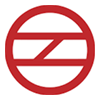
Delhi Metro
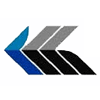
Gurgaon Metro

Jaipur Metro
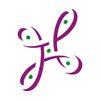
Bangalore Metro
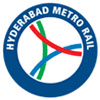
Hyderabad Metro

Chennai Metro

Kochi Metro
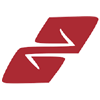
Kolkata Metro
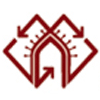
Lucknow Metro
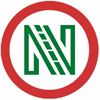
Noida Metro
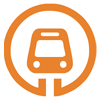
Nagpur Metro
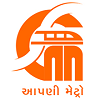
Ahmedabad Metro
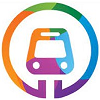
Pune Metro
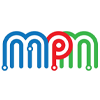
Indore Metro
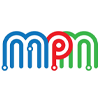
Bhoj Metro
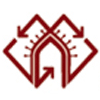
Kanpur Metro

Agra Metro

Patna Metro
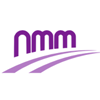
Navi Mumbai Metro
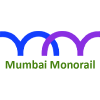
Mumbai Monorail Metro
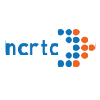
Delhi Meerut RRTS Metro
